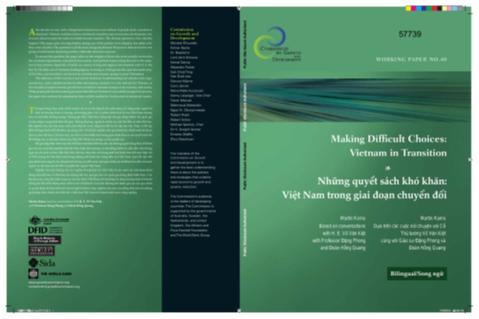IFPRI Annual Report 2007-2008
The report includes three essays about Responding to the World Food Crisis: Getting on the Right Track by Joachim von Braun, High Global Food Prices: The Challenges and Opportunities by Josette Sheeran, and Policy Implications of High Food Prices for Africa by Namanga Ngongi.








